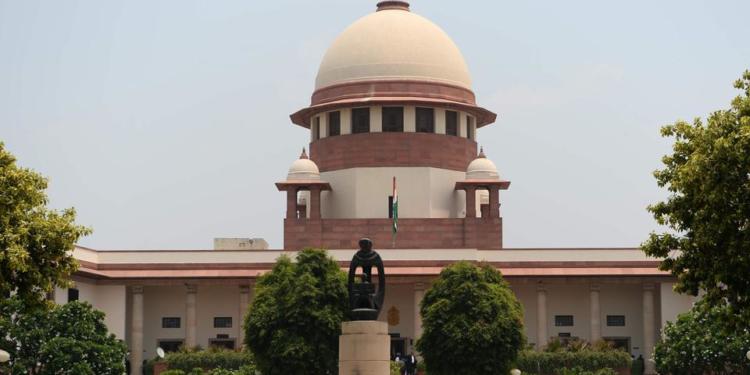Hindu religious sites have long been a victim of exploitation by political forces, from the invasion by radical Islamists to current day ‘secular’ governments. Different state governments have enforced laws through which they have assumed both financial and administrative control of Hindu religious sites. What started as a tool to suppress Indians and keep them under imperial rule by the British, these laws still exist and continue to exploit and degrade Hindu religious shrines.
The Supreme Court on Monday questioned the government authorities’ taking over of financial and administrative control of Hindu temples, The Supreme court said that the task of managing the affairs of the temples should be left over to the devotees as the court also cited continually degrading management situation of temples under control of various state government.
A multiple instances of misuse of administrative powers over temples have been surfacing regularly. In Andhra Pradesh, despite protests by various Hindu groups, the Chandra Babu Naidu Government had appointed the Tirumala Tirupati Devasthanams (TTD) Board which had several controversial members. Controversial MLA Bonda Umamaheswara Rao, who is facing charges of land-grabbing, has also been made a member of the TTD Board. The appointment of a non-Hindu as a member of the Tirumala Tirupati Devasthanams (TTD) Board had also questioned this draconian practice which still continues to be used as a political tool.
The Supreme Court bench of Justices S A Bobde and S A Nazeer which is deciding on the issue of administration of Jagannath temple in Puri, said it will take into consideration the 2014 verdict on administration of 1,500-year-old Nataraja Temple at Chidambaram which was taken out of control of Tamil Nadu government.
“We had occasion to examine the issue in case of Chidambaram temple. I do not know why government officers should run the temple. In Tamil Nadu, there are many cases of theft of idols. What are government officers doing? These idols, apart from the religious sentiments, are priceless,” said Justice Bobde, who was part of the bench which passed the order on Chidambaram temple.
The apex court is hearing the case of a PIL filed against the mismanagement and exploitation of temple resources and devotees in Jagannath temple in Orissa, the petitioners had alleged that the temple administration failed to maintain a clean and Hygienic environment. Attorney general K K Venugopal also reiterated the views of the court that there should be no interference from the state in management of temples and said the issue has to be examined by the court on how a government can take over the control of temples in a secular country.
As of today different state Governments have control of over Tirupati temple, Guruvayur temple, Jagannath Puri, Srisailam, Kashi, Mathura, Ayodhaya, Vaishno devi temple, Siddhi Vinayak Temple, Shirdi Sai Baba temple, Amarnath, Badrinath, Kedarnath, Rameshwaram and thousands of other temples. Around thousands of temples have been shut down during the last five years in Karnataka due to a lack of recourses. It has been said that many of the temples even faced difficulties in buying oil for lighting lamps in the temple premises. Temples which are a critical part of the Hindu society need swift action to prevent them from just becoming a tool to fulfill political agendas.





















